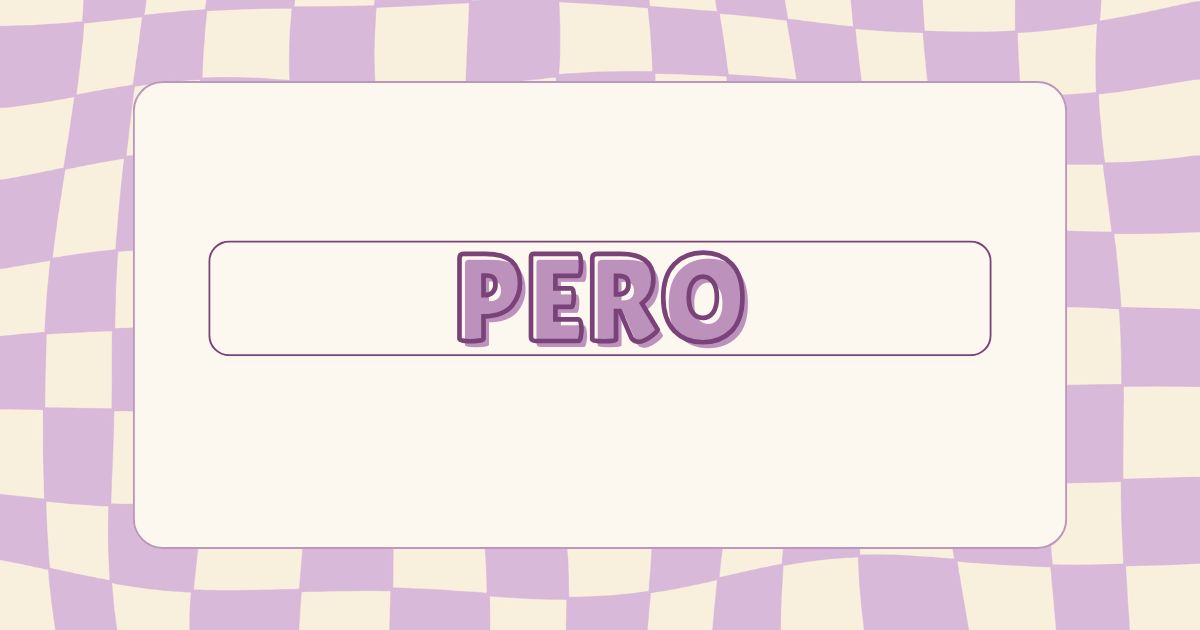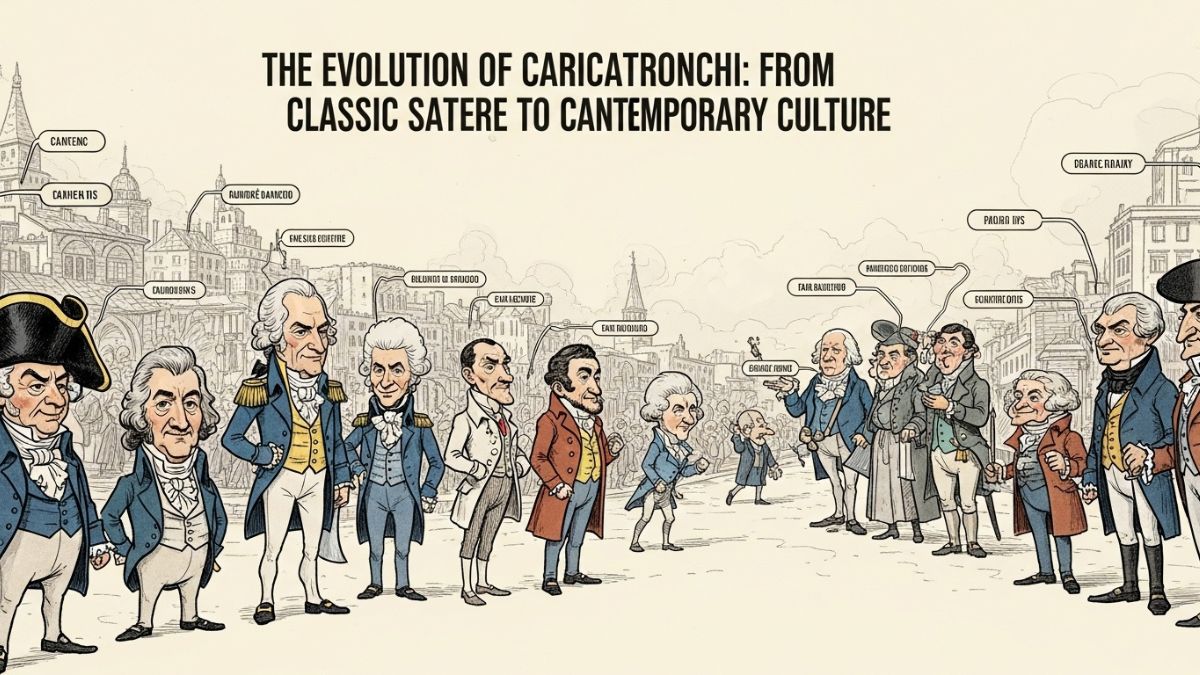Pero” — just four letters, one syllable, a blink in conversation. But behind that little word hides oceans of emotion, unspoken regrets, heartfelt excuses, stubborn hope, and the bittersweet balance between dreams and reality. If you’ve ever spoken Spanish or listened to Latin music, you’ve felt the weight of “pero.”
This article isn’t about grammar. It’s about the soul behind this word. Let’s take a heartfelt journey into how “pero” touches our lives more than we realize.
What Does “Pero” Mean, Really?
At its most basic, “pero” means “but.” It’s a conjunction used to contrast ideas.
Simple, right? Not quite. In Spanish, “pero” carries weight—it softens blows, carries apologies, adds mystery, and sometimes… saves hearts from breaking.
The Emotional Power of “Pero”
“Te amo… pero.”
“I’m proud of you… pero.”
“It’s okay… pero.”
Ever heard that? That pause before the “pero”? It’s the sound of hesitation, of a truth wrapped in kindness, or maybe love shaded with fear. It’s hope clinging to something fragile. It’s human.
Pero in Everyday Conversations
We use “pero” all the time.
“I wanted to call you, pero I didn’t know what to say.”
“I’m happy for you, pero I miss the old days.”
It appears like a whisper between feelings, as if we’re trying to gently let someone down—or lift them up while still being honest.
Pero in Love and Relationships
In love, “pero” is both villain and hero.
“I love you, pero I can’t stay.”
“I’m sorry, pero I’m not ready.”
“I wish things were different, pero this is goodbye.”
This little word has ended relationships, mended fights, and expressed the complexity of human connection more than long speeches ever could.
Pero in Latin Music: The Voice of the Soul
Listen to almost any Latin ballad, reggaetón song, or ranchera, and you’ll hear it—pero flowing with melody, carrying longing in its wake.
“Quise olvidarte, pero no puedo.”
“I tried to forget you, but I can’t.”
These lyrics don’t just rhyme—they ache. “Pero” becomes the bridge between pain and poetry.
Pero and Hope
It’s not all heartbreak. “Pero” can also be incredibly hopeful.
“I lost everything, pero I’m still here.”
“It’s hard, pero I’ll get through it.”
“I’m scared, pero I’ll try anyway.”
Sometimes, “pero” is what stands between giving up and going on.
Pero and Regret
There are few words better at expressing regret than “pero.”
“I should have told you the truth… pero I was afraid.”
“I wanted to be better… pero I didn’t know how.”
It doesn’t erase the past—but it reveals a heart that still cares.
How Children Use “Pero”
Even children master “pero” early on.
“Yes, Mom, pero it wasn’t my fault!”
“I cleaned my room, pero my toys are still out.”
It’s the universal defense mechanism—proof that the complexity of thought starts young.
The Softness of “Pero” in Apologies
Unlike its more forceful cousin “sin embargo” (however), “pero” feels personal.
“I’m sorry… pero I just needed space.”
It opens the door to understanding. It says, “Hear me out. There’s more to this story.”
Cultural Roots of “Pero”
In Spanish-speaking cultures, communication is layered. It’s not just what you say—it’s how you say it. “Pero” helps cushion honesty. It’s a tool of tact, emotion, and storytelling. It’s the gray in a world that isn’t black and white.
The Silent Words After “Pero”
Sometimes, the most powerful use of “pero” is the one that never finishes.
“I was going to tell you… pero…”
That silence? That’s where the feelings live—the ones too big for words.
Why “Pero” Feels So Human
We all live in contradiction. We all carry mixed feelings. “Pero” is the word that gives those contradictions life. It lets us be real—raw, flawed, human. It lets us say: “I love you, but I’m scared.” And that’s okay.
Learning to Embrace the “Pero” Moments
Life is full of “pero” moments—the in-betweens, the not-quites, the “almost had it” situations. But maybe that’s where the beauty is. Not in perfection, but in the emotional tug-of-war where we grow, love, and learn.
Conclusion
So the next time you hear “pero,” pause. Listen closely. Whether it’s in a conversation, a song, or your own heart—it’s probably carrying more than just a thought. It might be regret. It might be hope. It might be love in disguise.
Because “pero” is the heartbeat of the Spanish language—a tiny word with the power to carry the entire weight of a soul.
FAQs
Is “pero” only used negatively?
Not at all. It can express contrast, but also hope, defense, or even love.
What’s the difference between “pero” and “sin embargo”?
“Pero” is softer and more emotional. “Sin embargo” is more formal or logical.
Can “pero” be used in romantic expressions?
Yes—very often. It adds emotion and nuance to what’s being said.
Why is “pero” so commonly found in Latin music?
Because it beautifully expresses conflict, longing, and passion—all themes that music thrives on.
How do you pronounce “pero”?
It’s pronounced “PEH-roh,” with a soft “r” and emphasis on the first syllable.















